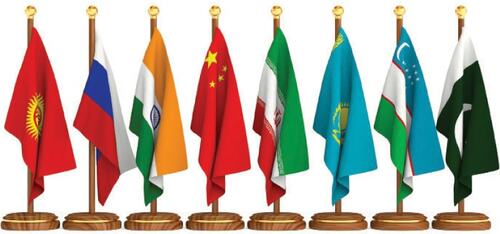Industrial policymaking is making a big comeback in the United States and Europe at the expense of multilateralism, and the Global South is having a hard time because of the dominance of the US dollar in the international financial system. This gives Washington and other western capitals a lot of power to impose economic blockades on any country. The world economic order is changing quickly.
Against this scenery, the 23rd Gathering of Heads of Administration of the Shanghai Participation Association (SCO) met in Islamabad last week. As the group is concerned about the adoption of protectionist trade practices by the West and the use of economic sanctions by Washington and other developed European nations as a weapon to subjugate other nations for their own benefits, the joint communiqué that the SCO member states released at the conclusion of the moot echoes their concerns—indeed, their frustration—about these developments.
Simultaneously, it underlines the need to secure and advance the World Exchange Association’s multilateral exchange framework for comprehensive worldwide development, especially in creating and immature economies, lessen dependence on the American money for global exchange exchanges, and work on computerized and actual availability among the SCO nations.
Russia and Iran, two SCO members, are under Western sanctions that prevent them from expanding their economies and limiting their access to international markets. Others like China are facing enormous tax obstructions forced by the US and the European Association on its merchandise — particularly electric vehicles, sun powered chargers and other green items — and activities against its innovation organizations (Huawei and TikTok being two significant models) for the last ten years.



